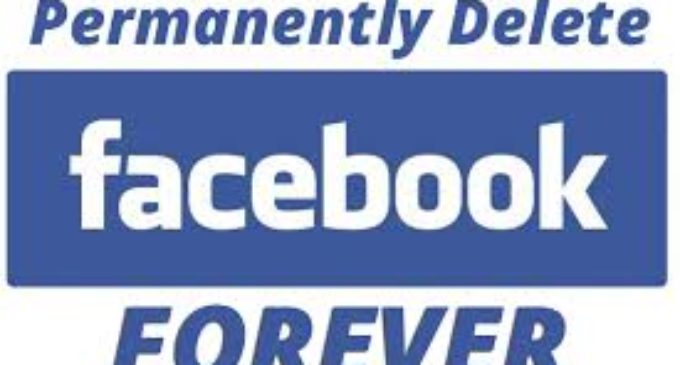Facebook: too big to delete

ON WEDNESDAY, ONE day after Facebook announced that 2 billion people use its service every month, ProPublica released a bombshell investigation into the company’s hate-speech censorship guidelines. The report included documents revealing that Facebook’s rules often end up protecting the rights of those in power over those who are powerless. These two revelations are inextricably entwined, each enabling and necessitating the other.
Facebook is the biggest social network on the planet—more than a quarter of the human race uses its site—precisely because it so actively censors and curates its community and follows local laws that enable it to exist even in oppressive countries. And because it is so huge, people who most need a platform for expression online can’t afford to not be on it—even if that means enduring seemingly arbitrary censorship.
This is the network effect in action. As more people use Facebook, its value increases exponentially. That is especially true for people who don’t have other networks through which they can share information—people such as dissidents, activists, or minority groups. Now that Facebook is the single biggest network on earth, the price people pay by leaving it is enormous.
“Facebook wouldn’t like to call themselves a monopoly, because that comes with regulations, but from a lot of perspectives they are the dominant player,” says Steven Murdoch, a researcher at University College London.
Whether it’s a corporate monopoly that could be fined by the European Union is a question for another time, but one thing is clear: Facebook is certainly a social monopoly. “In order to get an audience, which is what people often want if they are, say, an activist, they need to stay involved with the dominant player. And that is Facebook,” Murdoch says. The next most popular social media site worldwide, What’s App, is also owned by Facebook. The next most popular non-Facebook-owned social media site in the US is Twitter, which has only 328 million active users. If you want your message to reach the most people, you better post to Facebook.
In order to get that big, Facebook has to be everything to everyone. “The fundamental disconnect is that they are a global company and they are trying to make these rules apply globally,” says Judith Donath, an expert on online communities at the Berkman Klein Center for Internet and Society.
Appeasing the majority is the middle road Facebook has to walk in order to be a safe enough place for billions of people to want to engage. “The mainstreamness and rigidity of Facebook is what lets it get so huge,” Donath says. A site like Twitter, which has much laxer rules about hate speech, can never be as big as Facebook because some people find it unsafe or offensive. In fact, it was its “buttoned-up” quality, as ProPublica notes, that allowed Facebook to surpass its earliest rival, MySpace, which allowed more offensive content to proliferate on its site.
© 2016 Copyright Shift Daily News. All Rights reserved.